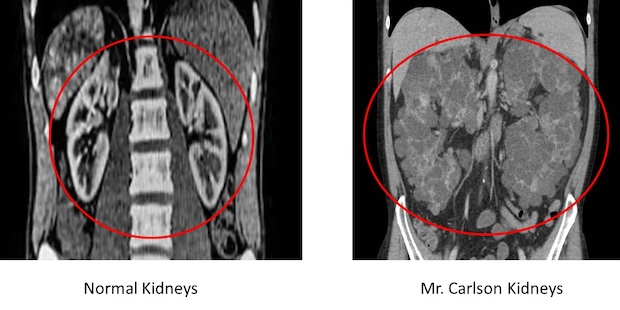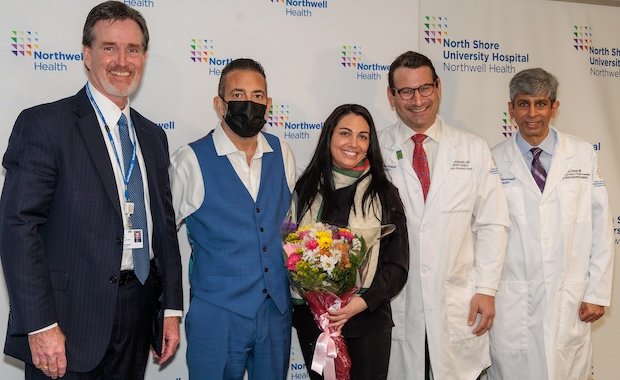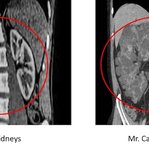After Matthew Carlson watched his own mother die due to complications from a rare disease that slowly deteriorated her kidneys in 2015, he knew that he faced the same fate when he was later diagnosed with polycystic kidney disease - a genetic condition where cysts form on your kidneys that eventually destroy the organ. His only hope was to find a healthy match for a kidney transplant.
That hope sprang from his own daughter.
Carlson’s daughter was a match and most importantly, she had not inherited the gene responsible for the polycystic kidney disease.
Before finding the match, Carlson, 52, of Mineola, knew the end game for polycystic kidney disease was painful and terminal. He had just started dialysis just five months before finding the match.
“There’s nothing you can do,” he said in a statement released by Northwell Health recently. “If you have it, it’s going to get you.”
A genetic condition, a person with polycystic kidney disease has a 50% chance of passing it onto their child. Carlson inherited the gene; his daughter had not.
Polycystic kidney disease causes the organ to degenerate into “huge balls of cysts until there is no kidney tissue left,” according to Northwell Health transplant surgeon Elliot Grodstein, MD. “These cysts pop and bleed and cause health crises.”

Carlson’s adult daughter, Stephanie Trotti, 34, of Holbrook and a mother of three herself, was a good match to be a living donor. Dr. Grodstein, along with Aaron Winnick, MD, performed the life-saving, living donor kidney transplant on January 8th at North Shore University Hospital in Manhasset.
Surgeons also removed both of Carlson’s kidneys, which were the size of footballs.
Now, Carlson doesn’t have to wake at 5am for dialysis treatment and most significantly, he isn’t in pain.
Northwell completes more than 200 kidney transplants a year, of which just 10 are related to polycystic kidney disease. About 600,000 Americans are living with the disorder.
The father of two returned to North Shore to thank his daughter and reunite with the team at the Northwell Health Transplant Institute on January 23, just 16 days after the life-changing surgery.
“It’s actually just a miracle that my father raised me and that I could give back,” said Trotti.
Both father and daughter had seamless surgeries and went home soon afterward, according to Northwell Health. Now they want to ensure that New Yorkers help pay it forward by making this gift of life available to others in need.
More than 96,000 Americans are awaiting kidney transplant. Northwell recently appointed Niraj Desai, MD, a renowned adult and pediatric transplant surgeon, as director of the kidney transplant program at the Northwell Health Transplant Institute, where he will expand the availability of viable organs. He’s an advocate for the transplantation of organs from older donors as well as donors with hepatitis C and HIV.
But the most effective way to procure healthy kidneys is through a living donor.
“This is the simplest, most poignant way that you can improve another person’s life,” said John Flanagan, chairman of the board of directors at Donate Life New York State. “There are so many opportunities to get people enrolled as organ donors.”
Mr. Carlson is a prime example.
“Polycystic kidney disease is a death sentence that I overcame,” he said.











